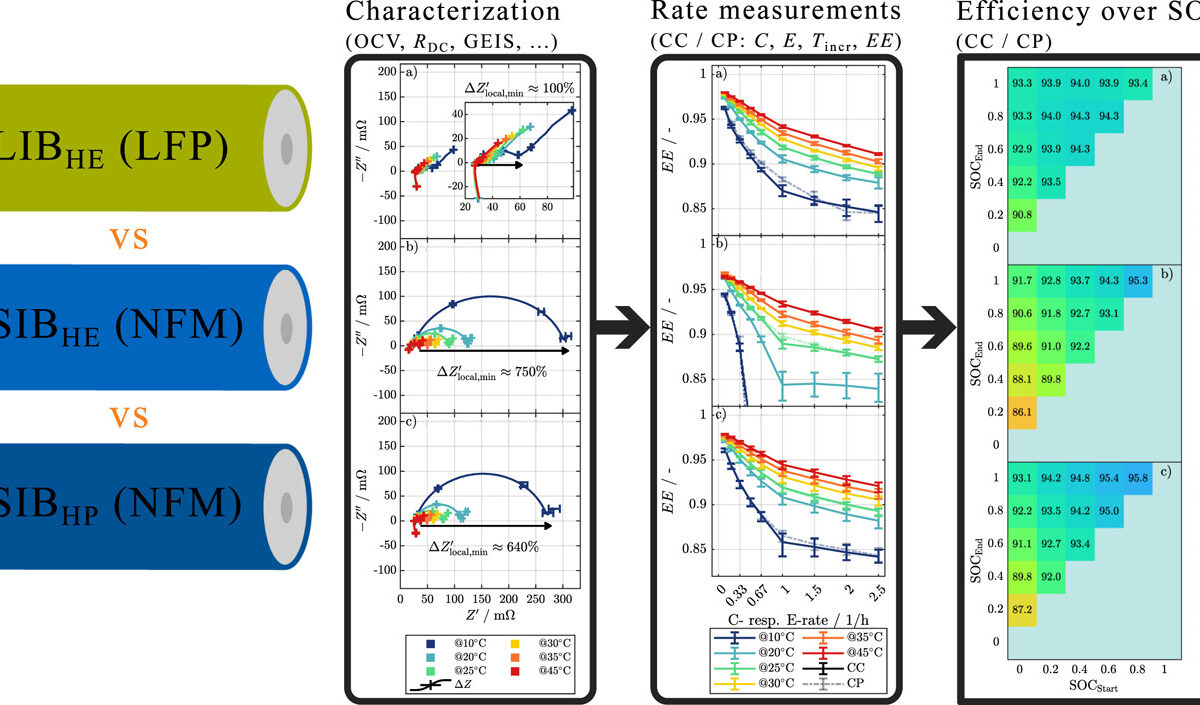From pv magazine India
India’s subsidy scheme for residential rooftop solar, PM-Surya Ghar: Muft Bijli Yojana, has already surpassed 850,000 installations, marking significant progress toward the goal of powering 10 million households with solar energy, according to Minister for New and Renewable Energy Pralhad Joshi.
Joshi reaffirmed India’s commitment to its ambitious renewable energy targets. He said that “the government aims to achieve 500 GW of renewable energy capacity by 2030, with a long-term vision of 1,800 GW by 2047. India’s renewable energy capacity has surged from 75 GW in 2014 to over 220 GW today, showcasing significant progress in the sector.”
The minister noted the importance of state governments, bankers, and other stakeholders in supporting this transition. He said that the government is actively addressing issues such as financing, policy implementation, and land acquisition, with regular consultations and meetings held with all relevant stakeholders.
“India is on track to become a global leader in renewable energy, with continuous efforts being made to accelerate the country’s energy transition,” added Joshi.
M. Nagaraju, secretary of the Department of Financial Services under the Ministry of Finance, said mobilizing INR 33 trillion ($381 billion) for India’s energy transition is a major challenge that requires a multi-pronged approach involving public sector banks, global financial institutions, and private capital.
Nagaraju called for innovative financing instruments such as green bonds and structured debt solutions to raise INR 23 trillion, while noting that INR 10 trillion will come from public sector banks.
This content is protected by copyright and may not be reused. If you want to cooperate with us and would like to reuse some of our content, please contact: editors@pv-magazine.com.




By submitting this form you agree to pv magazine using your data for the purposes of publishing your comment.
Your personal data will only be disclosed or otherwise transmitted to third parties for the purposes of spam filtering or if this is necessary for technical maintenance of the website. Any other transfer to third parties will not take place unless this is justified on the basis of applicable data protection regulations or if pv magazine is legally obliged to do so.
You may revoke this consent at any time with effect for the future, in which case your personal data will be deleted immediately. Otherwise, your data will be deleted if pv magazine has processed your request or the purpose of data storage is fulfilled.
Further information on data privacy can be found in our Data Protection Policy.